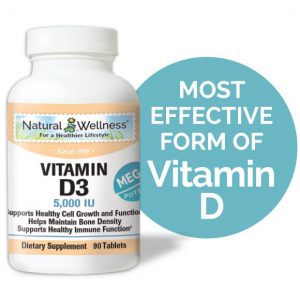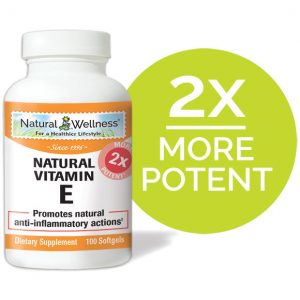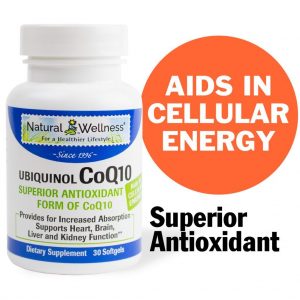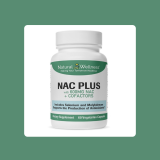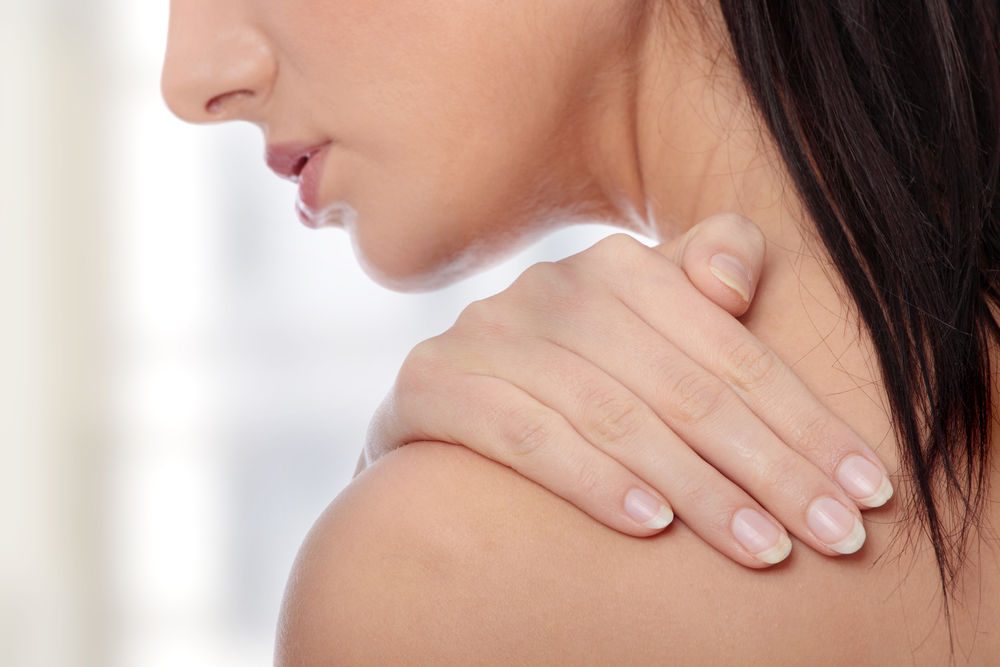

Statins are used to reduce the levels of low-density lipoprotein cholesterol in the blood. Lipoproteins are what carry lipids (fats) through the blood to be broken down by the liver. There are two types of lipoproteins that transport these lipids: LDL, or low-density lipoprotein and HDL, or high-density lipoprotein. The LDLs are considered “bad” as high levels of LDLs contribute to plaque buildup in the arteries, contributing to heart attack or stroke. This condition is known as atherosclerosis.
To keep LDL levels low and reduce cholesterol in the blood, your physician may prescribe a statin – a drug that removes excess cholesterol from the blood, thereby reducing levels of LDLs. Statins reduce the levels of LDLs and, as a result, reduce the risk of heart attack and stroke.
But they are also known to cause muscle pain, or statin myalgia. This muscle pain may be a result of decreased levels of Vitamin D3, Vitamin E and Co-enzyme Q10.
Vitamin D3
Vitamin D3 is made by the body when the skin is exposed to sunlight using a cholesterol based compound, 7-dehydrocholesterol, which is eliminated by the statins. The overall reduction in cholesterol results in a deficiency of Vitamin D3 production. One of the main symptoms of Vitamin D3 deficiency is muscle pain and myalgia.
Vitamin E
Vitamin E is a fat soluble vitamin, meaning it is metabolized by the body using lipids (cholesterol). An overall reduction in cholesterol in the blood means less Vitamin E is metabolized. Statin use has been shown to reduce Vitamin E levels by up to 17%. Vitamin E deficiency can result in problems in the nervous system, including issues in proprioception (reflexes), as well as muscle pain, myalgia and muscle weakness.
Co-Enzyme Q10
Ubiquinone, or Co-enzyme Q10 (CoQ10) is a chemical component necessary for energy production in cells, especially in muscle tissue, and is an important antioxidant. It is produced by the body, and its deficiency is linked to generalized muscle pain and weakness. We get CoQ10 from fatty fish, organ meats and beef liver. Sometimes when people are taking statins, they experience rhabdomyolysis, a condition where the muscle tissue breaks down. CoQ10 decreases muscle breakdown and, as a result, decreases muscle pain, reducing the level of statin myalgia.
While too high levels of cholesterol result in dangerously high levels of LDLs, the “bad” cholesterol that causes heart attack and stroke, the body does need some fats in order to carry out many functions. Because statins reduce all lipids in the body, taking them can interfere with many of these functions as a result of lowered “good” fats.

